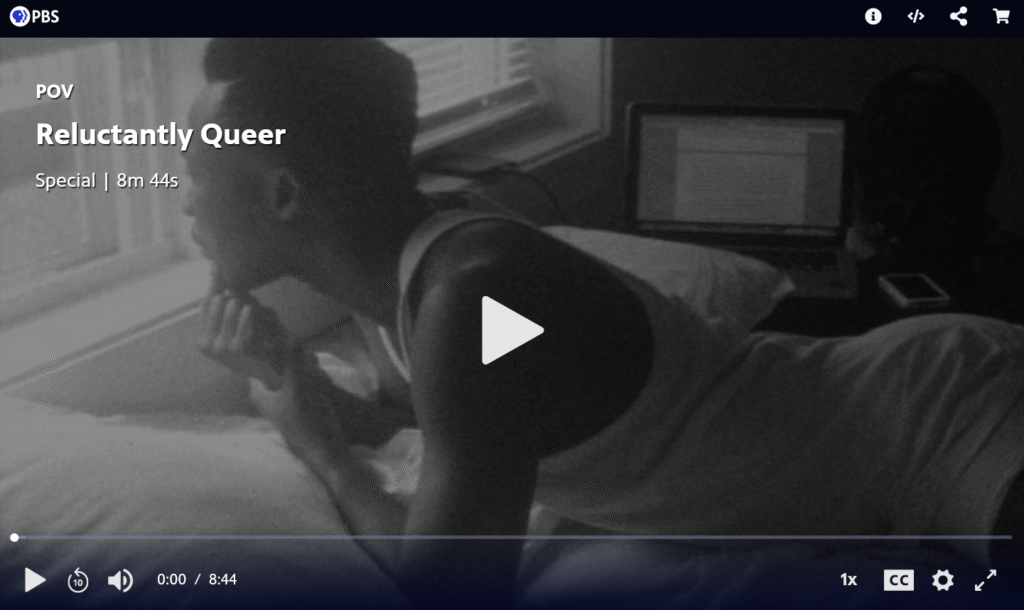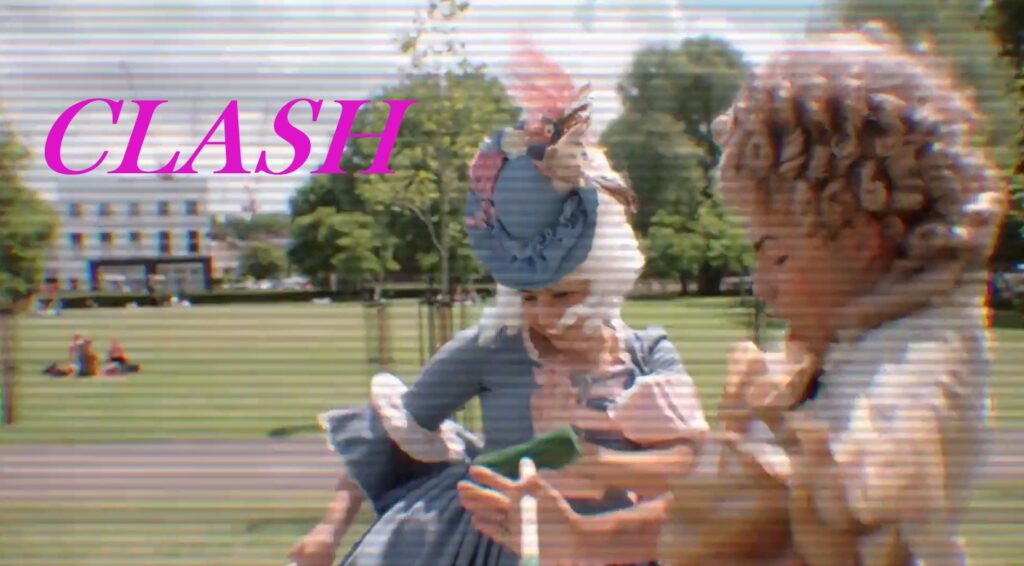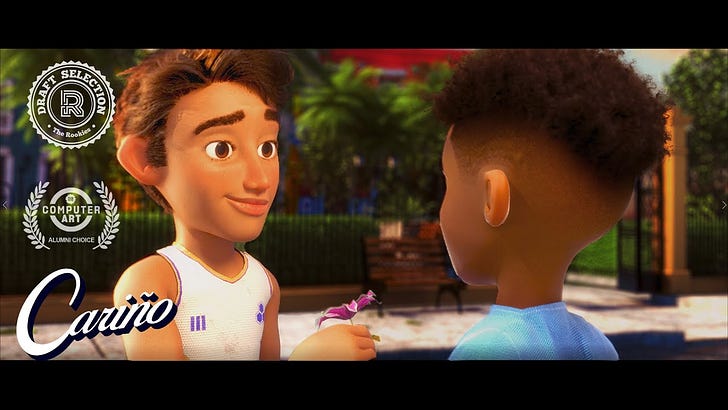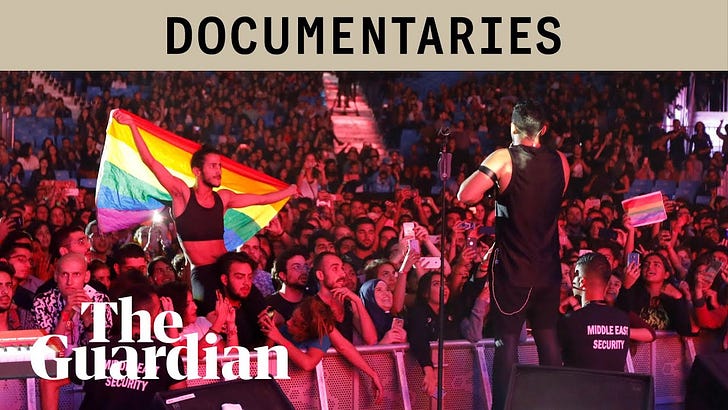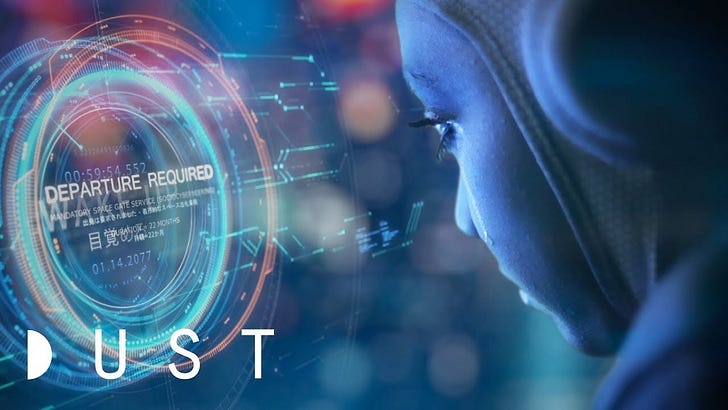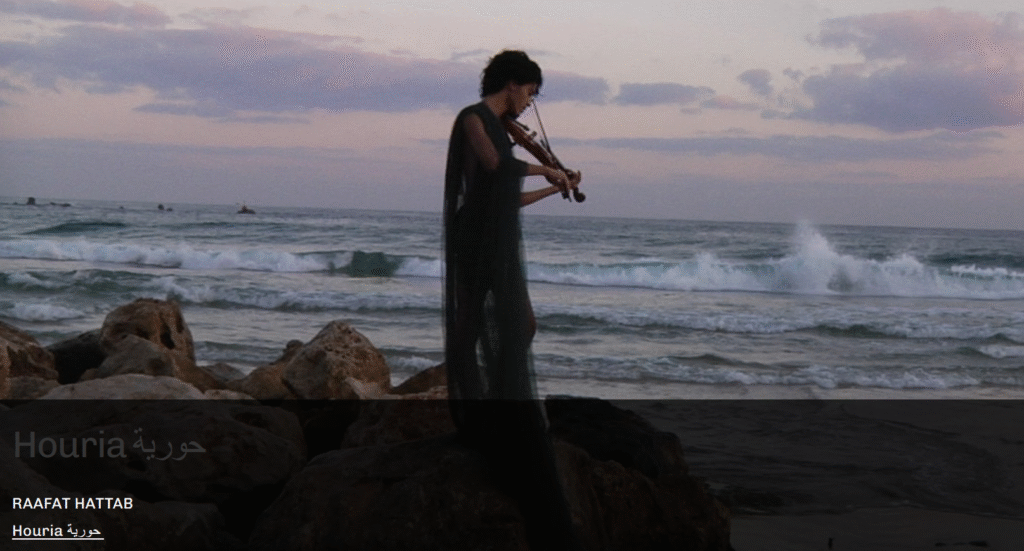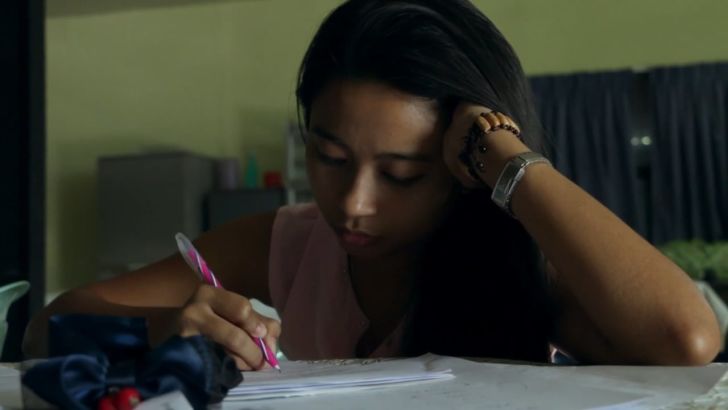Six queer short films play around with point-of-view
This week’s films all use point-of-view in ways that I find fascinating. Whether it’s employing different forms of media, or using aspect ratio to change tones mid-film, or highlighting not only what is seen but also what isn’t seen, these films use the camera’s eye to explore the inner lives of their characters, including their relationship with queerness.
Also, in my other newsletter , I’ve continued my series on genocide, climate injustice, and eco-colonialism in Palestine, with part three on trees, and part four on Israel’s military. I’ll hopefully post the final part, on Palestinian eco-resistance, later this week.
Finally, I want to start introducing a practice here that I have on my other newsletter, which is to use my platform to share mutual aid requests. I will never monetize this newsletter for my own gain, but if you enjoy my writing and the short film recommendations, please give if you can to those who need it – even a few dollars (or whatever currency you use) can help! Today’s request is for my dear friend Regent, a Black and Indigenous queer leader who is battling cancer for the second time. Please help Regent with medical bills and other survival costs if you have the means.
You can find content notes for the films at the very end of the post; see the full list of things I usually warn for. Also, I include pronouns for people mentioned when I can find them explicitly stated. When I cannot, I either use what I see being used for them in articles about them, or I just use their names.
Pompeii, written and directed by Harry Lighton, Marco Alessi, and Matthew Jacobs Morgan, has been on my list to recommend since early on in this newsletter, but I’ve never found a good theme to include it in until now. Part of that is because of its intertextuality: the majority of the narrative is told through the Instagram stories of the protagonist, Tam (Otamere Guobadia), as he goes out clubbing with friends and his boyfriend Dave (Dave Shields). However, racism and femmephobia keep Tam from having the same kind of night as his non-Black masc friends, and we see the impact of that in intercut scenes of Tam riding the subway home that stand in stark contrast to the mood of his social media.
Pompeii is based on the real-life controversy surrounding a London gay club called XXL that had a door policy of not allowing people wearing “women’s” clothing, something which Otamere Guobadia experienced and wrote about in 2018. “Tam’s article was making a very serious and valid point about divisions within the queer community and door club policies,” said co-director Harry Lighton in an interview with Film4, “but we thought it’d be fun to film something that didn’t require any of the usual apparatus of a film set, with our mates and a bunch of iPhones, but which was also fundamentally interesting and a bit different from other shorts out there.”
This film includes bright flashing lights interspersed throughout.
Pompeii

For most of voice/over, a memoir short film created by Shelley Barry, we don’t see Barry’s face: rather, we hear her voice narrating her experience of becoming disabled as a result of gun violence in Cape Town, and we are zoomed in on isolated parts of her body, including the tracheostomy that allows her to still breathe and speak. voice/over is part of a trilogy of Barry’s memoir films called Whole: A Trinity of Being. Barry has continued to turn her camera on herself in her career, including in her 2023 film A camera on my Lap.
voice/over
I came up with this week’s theme after watching These Games We Play, directed by Mike Klubeck, and realizing that it needed to be in conversation with Pompeii. Like that film, These Games We Play, which explores the brightly-colored dream life of a man (D’Andre McKenzie) in New York City, is also intercut with flashes of his reality that expand the camera’s frame and also include melancholy sequences on the subway. The man and his partner (Janelle Yull) use dance to mimic the daily routines of their oh-so-perfect life, until that life starts to crumble.
“The visual design that we were all going for was centered around a theme of duality; we wanted the fantasy world and the real world to starkly contrast one another. The fantasy world was to feel very over the top, vibrant, playful, and a little too perfect,” said director Klubeck in an interview with Film Shortage. “We also decided to shoot those scenes using anamorphic lenses to mirror a retro 80’s style. The biggest difference was we shot all the fantasy scenes digitally, and the real world scenes on 16mm film. This was done with an intention of making the fantasy world seem a little faker and more pristine, while making the real world feel more grungy and humble.”
These Games We Play
Les lèvres gercées | Chapped Lip, directed by Kelsi Phung and Fabien Corre, is a tough watch. The film follows a child and a parent interacting on several different days within the same kitchen space, the child usually eating. For much of the film, we only see the child’s face, the misery and uncertainty the child is feeling around gender, while the mother’s voice comes from offscreen, berating them and dismissing the child. But the mother’s face comes into view in two impactful scenes, ones that are as heartbreaking to watch as they are infuriating.
Directors Corre and Phung created the film as students, inspired by the documentary Gender Revolution. “We decided that we wanted to talk about the background of this story, a story that we share as queer directors and that many LGBTI+ people go through nowadays”, Phung told Short of the Week. “We wanted to talk about the huge impact of communication within the family home, especially in a society that is so violent against LGBTI+ people rights.”
Les lèvres gercées | Chapped Lip
I’ve had a hard time figuring out how to describe SAME SEX BIZ, created by Tabita Rezaire, so I’m going to cheat a little and rely on the description of the film from an exhibition it was in years ago, which calls it “a fragmented display of struggles of emancipation from gender based and sexual oppressions” in Maputo. Rezaire uses the conceit of screen-recording a video editor where she juxtaposes disparate elements like interviews with queer Mozambicans, playful graphics, footage of people dancing in queer clubs, and horrifying homophobic rhetoric.
Rezaire herself has a fascinating body of multimedia work, which, according to her website, “navigat[es] digital, corporeal and ancestral memory as sites of struggles [and] digs into scientific imaginaries to tackle the pervasive matrix of coloniality and the protocols of energetic misalignments that affect the songs of our body-mind-spirits. Inspired by quantum and cosmic mechanics, Tabita’s work is rooted in time-spaces where technology and spirituality intersect as fertile ground to nourish visions of connection and emancipation.”
This film includes bright flashing lights from 2:35 to 4:35.
SAME SEX BIZ
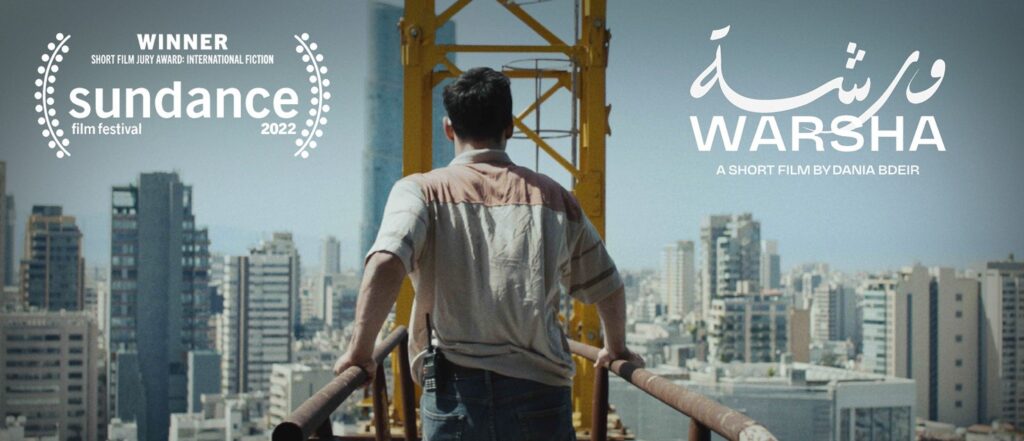
ورشة | Warsha, directed by Dania Bdeir, follows Mohammed (Khansa), a Syrian migrant worker in Lebanon, who volunteers for one of the most dangerous jobs at his construction site: that of crane operator. After making the harrowing climb up to the crane’s cabin, we discover why Mohammed has opted for this job: it allows him the privacy and freedom to live out his passions.
Like These Games We Play, this film explores the protagonist’s fantasy world – but it’s one that helps him seek liberatory moments rather than hide who he is. And as the audience, we’re privy not only to his dream, but also to the way it plays out over the entire city of Beirut, showing the breathtaking scale of the crane, which becomes a space of danger, grace, and performance.
“The noise was one of the first things that struck me,” director Bdeir said, referring to her first visit to a construction site in Beirut, in an interview with Harper’s Bazaar Arabia. “It’s aggressively loud and claustrophobic. There’s a hierarchy of Syrian workers and the Lebanese foreman. I was also struck by how masculine it was. The crane operator is the only one who can be shielded from all that. As the man climbs the ladder, he can leave it all behind: his social and political position, the masculinity, the noise. The city disappears and he reaches the silence above. It’s a safe haven.”
ورشة | Warsha

